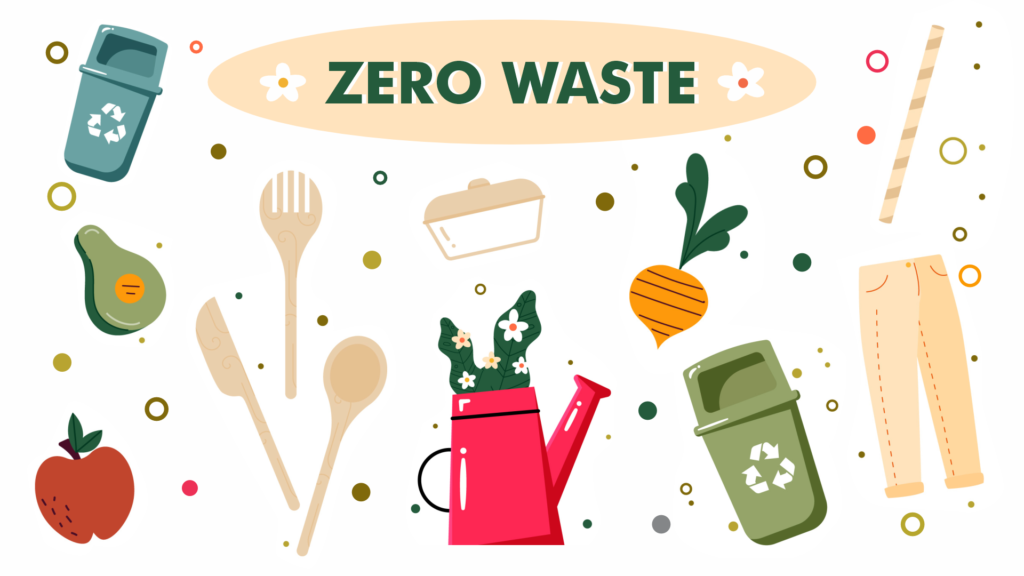Globally an array of businesses are actively promoting zero-waste initiatives to reduce environmental impact while simultaneously fostering eco-friendly lifestyles among their consumers. These companies are integrating sustainable practices into their operations, products, and services to contribute to a circular economy that also attracts investors with their pro-planet approach.
Zero-waste business practices like single-use plastics, reducing packaging waste, reusable and refillable programs, product take-back, and recycling programs, including zero-waste manufacturing focus on sustainability throughout the production and consumption cycles. The businesses also working on ethical sourcing, and sustainable materials from local suppliers to promote circular supply chains. Such practices promote a culture of reuse and recycling besides the conservation of resources.
Unilever a pioneer in business sustainability practices, aims to make all its plastic packaging reusable, recyclable, or compostable by 2025 to promote zero-waste. Their strategy also includes eliminating waste from their manufacturing operations. IKEA, the known global furniture giant, has committed to becoming a circular business by 2030 through customer awareness and 100% circular product production. Their key buy-back and resell initiatives, allow customers to return unwanted furniture for resale, thereby minimizing waste and encouraging an eco-friendly lifestyle.
Businesses are turning waste materials into new products, as Adidas has embraced sustainability through its “Made to be Remade” program, creating products that can be returned, recycled, and remade into new items. Patagonia with its product life extension initiative encourages customers to repair their products instead of discarding them under the “Worn Wear” program.
Thus, businesses are designing products with longevity in mind, reducing the need for frequent replacements which is making sustainable lifestyles a new trend. Alongside, the incentive-based community and Consumer Engagement practices such as discounts for using reusable bags, cups, etc encourage customers to make environmentally friendly choices and reduce their waste footprint.
It not only minimizes waste but also promotes an eco-friendly lifestyle by encouraging consumers to rethink their consumption habits, choose reusable and recyclable options, and support the commercial viability of businesses that prioritize sustainability. As more businesses join this movement, the collective impact on global waste reduction and sustainable living is expected to grow significantly which will foster an eco-friendly mindset among consumers and reduce their overall environmental impact.

